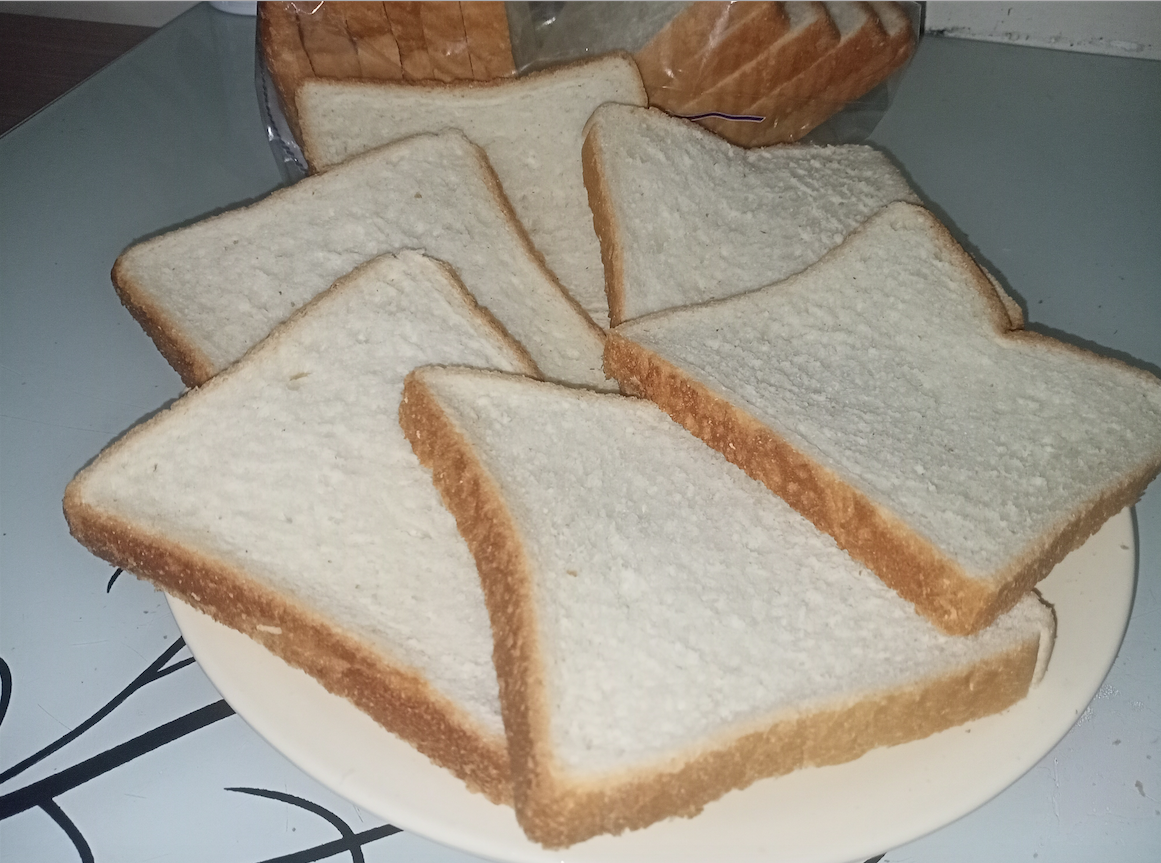

In every household, there is that one commodity that is everyone's favourite or preference.
Reasons for this may range from how accessible the commodity is, to its affordability and benefits to consumers.
In many households in Kenya, bread is a common meal, especially as a breakfast or quick-fix snack.
“Bread to me is that quick fix to hunger, the easy solution, not just to myself, my whole family too. Whenever we think of beverages like tea, bread pops up. It is the one thing that barely runs out in my house,” Leila Kiriki said in an interview with The Star.
She said to her family, bread is likened to a ‘child’s favourite meal’, a meal that is liked, embraced and one you never get tired of.
“We try different brands across the market but the common factor about all of it is we go for white bread as compared to brown, essentially because of the sugar factor,” she said.
Kiriki giving up bread is a foreign thought, for her and the family, one she thinks would not be an option.
She is one among the many bread consumers who to them, giving up bread, even for health benefits, is still a hard truth to come to terms with.
“For most Kenyan families, bread is widely consumed as a breakfast staple, mid-morning snack or a quick-to-fix meal during family entertainment sessions. It’s mostly accompanied with hot sweetened beverages,” Joel Mwaura, a health programming specialist and nutritionist said.
“Majority of Kenyans prefer the refined version (popularly known as white bread) as opposed to the whole grain bread probably because of the differences in taste and stock levels in the local market,” Mwaura said.
The nutritionist said that despite the love for bread, proper nutrition is a precursor to good health.
“What we eat, regardless of the reasons, determines energy levels and hence productivity, moods and eventually our health. Less energy leads to reduced productivity, irritability, higher susceptibility to diseases and death,” he said.
“Bread, being a refined carbohydrate, provides a ready source of energy to the body, although for a short time. It’s a poor source of protein, fats and micronutrients; vitamins and minerals, which are vital for maintaining several body functions.”
The expert said having knowledge of that in mind and substituting bread with a diversified or healthy meal would be beneficial and the right thing to do.
He outlined several health benefits that would come from giving up bread, they include; controlled blood sugar levels and delayed onset of non-communicable diseases.
Controlled blood sugar levels
“Bread, being a refined carbohydrate, leads to early spikes in blood sugars. This happens shortly after a meal triggering a massive conversion of the sugars to glycogen, for storage in the liver, in the short run, and fats for storage in the adipose tissue, in the long run,” Mwaura said.
The nutritionist said this leads to reduced energy after a few hours, irritability and hunger, triggering a feeling of wanting to eat again.
“This behavioural cycle mostly leads to overweight or obesity, type-2 diabetes and susceptibility to non-communicable diseases,”
He said a healthy diversified diet allows gradual uptake of glucose and other nutrients from the gut, leading to improved energy levels, happiness and productivity throughout the day.
“In addition, a diversified diet prevents or delays the onset of non-communicable diseases such as type-2 diabetes, and hypertension."
Dietary or nutrient diversity
“Most people consume bread with sweetened beverages only. Giving up bread provides one with an opportunity to consume more dietary diversified foods, providing a wide range of nutrients,” he said.
“These nutrients work synergistically to improve the health status of an individual, through functions such as maintenance of healthy skin, vital membranes, eye health and production of antibodies,” the expert said.
He said in addition, dietary diversity assures nursing mothers of improved milk production which has several associated health benefits to both lactating mothers and their breastfeeding infants.
The nutritionist also said giving up bread results in controlled body weight, resulting from controlled blood sugar levels.
Nonetheless, the expert said another beneficial factor of giving up bread in one’s diet is experiencing improved digestion and reduction of bloating.
He said this is especially beneficial to individuals with gluten intolerance.
“Gluten is a protein found in wheat, responsible for the adhesive and elastic properties found in wheat flour,” the nutritionist said.
“Improved digestion translates to improved nutrient absorption, high energy levels and improved health status.”













